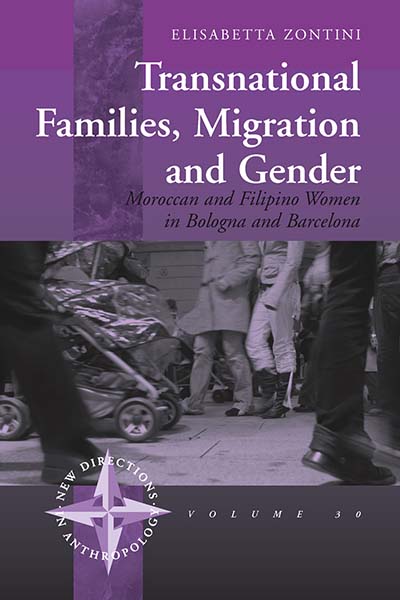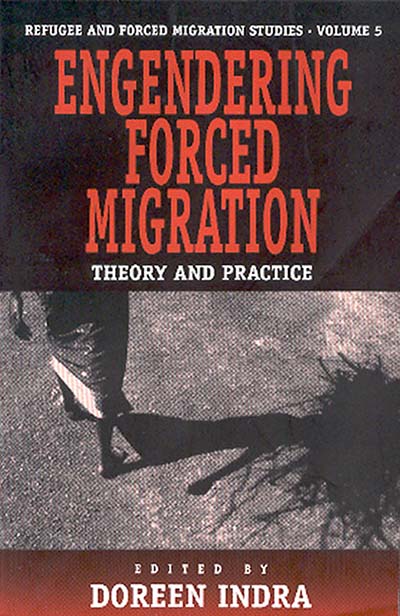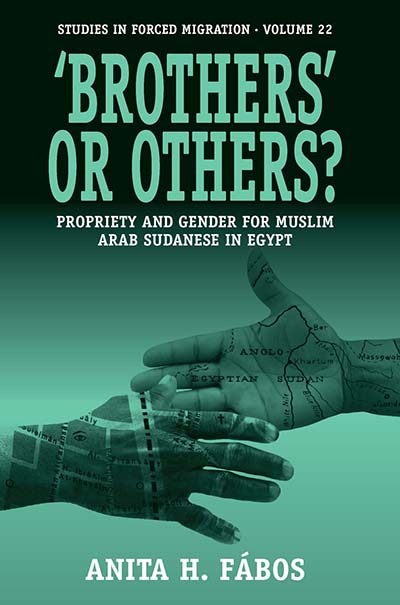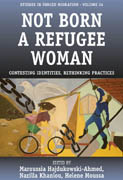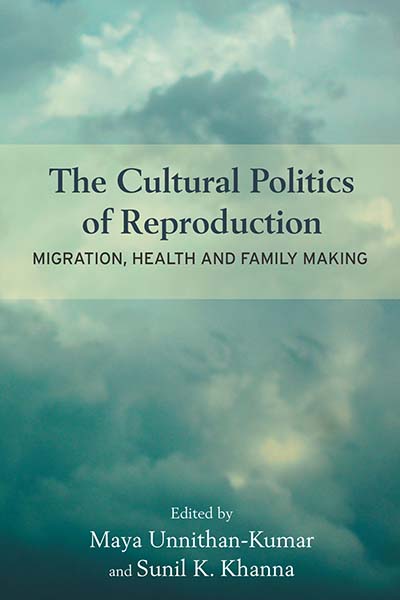
See Related
Anthropology JournalsEmail Newsletters
Sign up for our email newsletters to get customized updates on new Berghahn publications.
The Cultural Politics of Reproduction
Migration, Health and Family Making
Edited by Maya Unnithan-Kumar and Sunil K. Khanna
206 pages, bibliog., index
ISBN 978-1-78238-544-8 $135.00/£104.00 / Hb / Published (November 2014)
eISBN 978-1-78238-545-5 eBook
Reviews
“This is a welcome addition to the literature on both migration and reproduction, bringing together in interesting ways the causes and consequences of forcible or agentive movement upon birth practices, plans, and outcomes…Overall, the chapters complement each other… providing a nice mix of ethnographic breadth and detailed analysis.” · Perveez Mody, King’s College, Cambridge
“The phenomena that the volume addresses are complex, multi-faceted, timely and cutting-edge… Not only are these debates at the centre of anthropological inquiry, the strength of this volume lies precisely in its utility for both the humanities and the social sciences, while the writing is clear and appropriate for both advanced undergraduates and postgraduate students.” · Anastasia Christou, Middlesex University
Description
Charting the experiences of internally or externally migrant communities, the volume examines social transformation through the dynamic relationship between movement, reproduction, and health. The chapters examine how healthcare experiences of migrants are not only embedded in their own unique health worldviews, but also influenced by the history, policy, and politics of the wider state systems. The research among migrant communities an understanding of how ideas of reproduction and “cultures of health” travel, how healing, birth and care practices become a result of movement, and how health-related perceptions and reproductive experiences can define migrant belonging and identity.
Maya Unnithan-Kumar is Professor of Social and Medical Anthropology at the University of Sussex. Her research interests are in the anthropology of the body, childbirth and infertility, reproductive technologies, mobility, health inequalities and human rights. Her recent research was funded by the Economic and Social Sciences Research Council focused on State and civil society understandings of reproductive rights and their application to health policy and programs in India.
Sunil K. Khanna is a Professor of International Health in the College of Public Health and Human Sciences at Oregon State University. His recent research project addresses the new reproductive technology for the purpose of prenatal sex determination and sex selection in urbanizing north India. He is the author of Fetal/Fatal Knowledge: New Reproductive Technologies and Family-Building Strategies in India.

